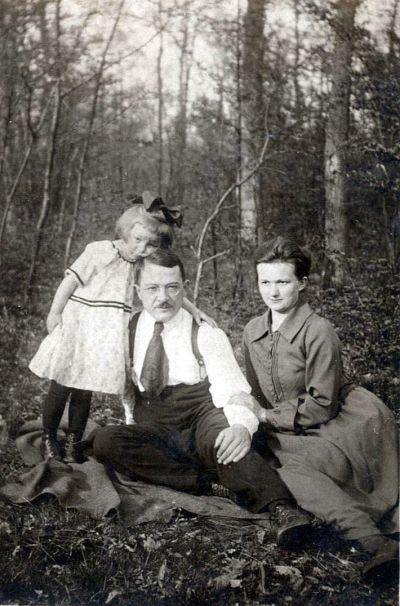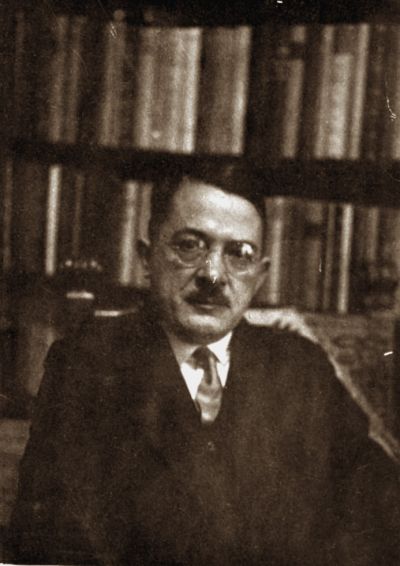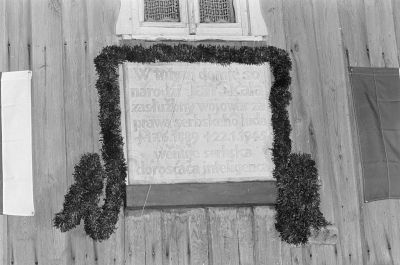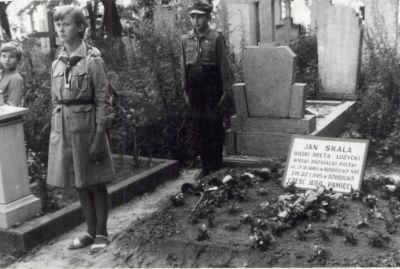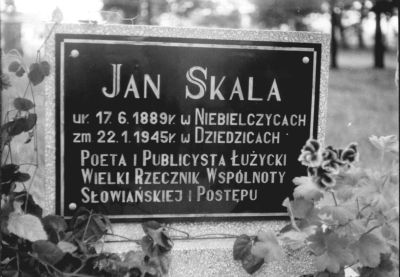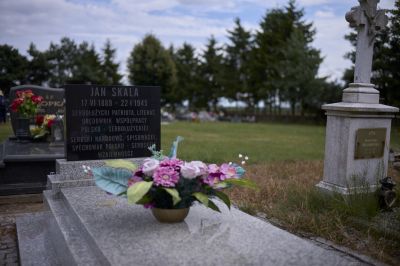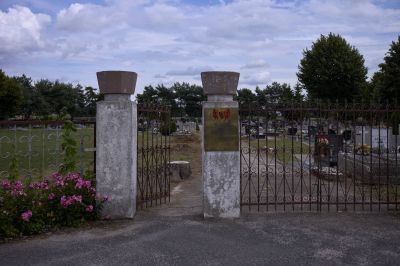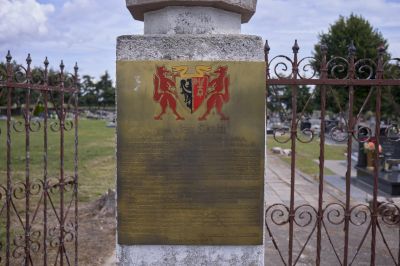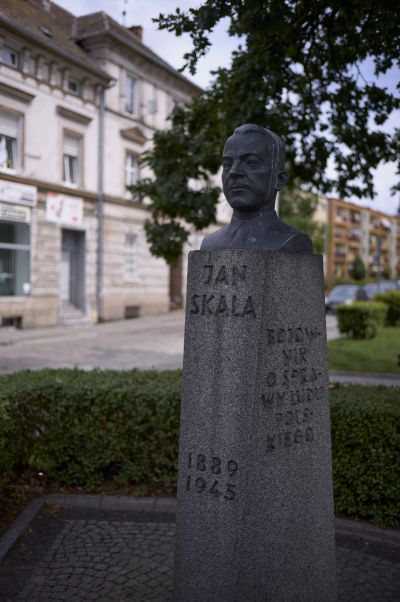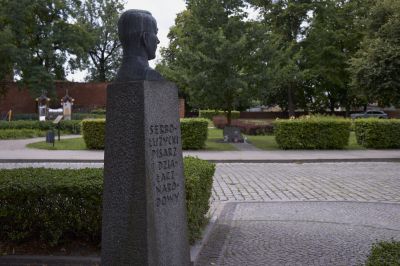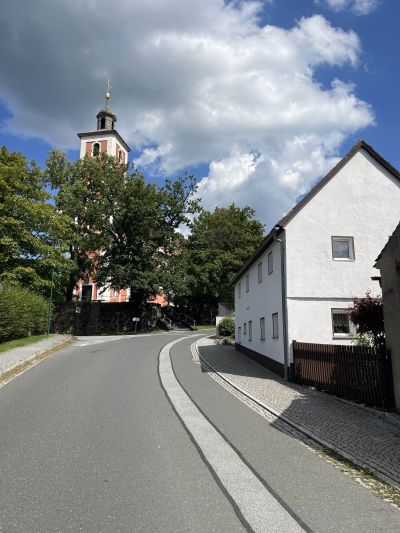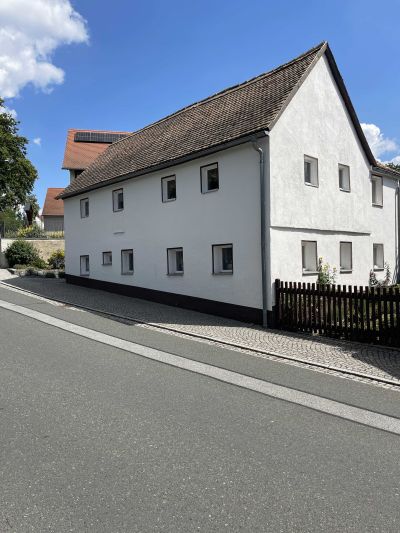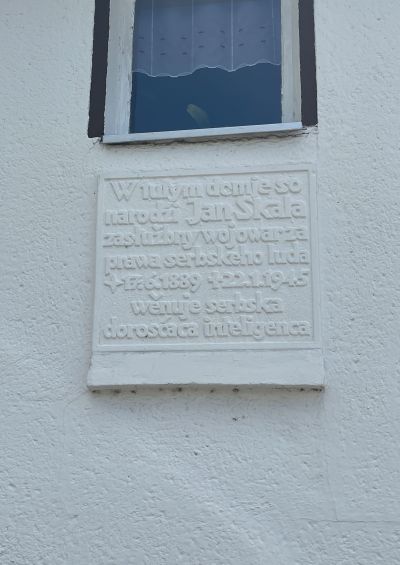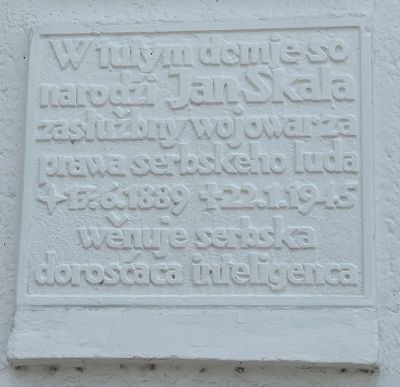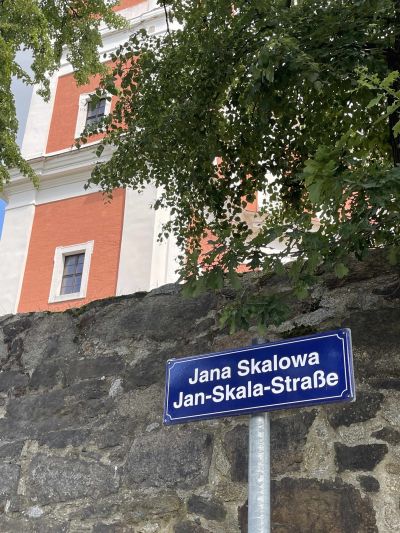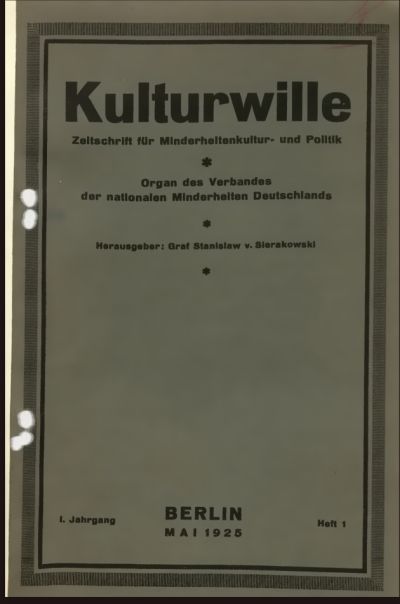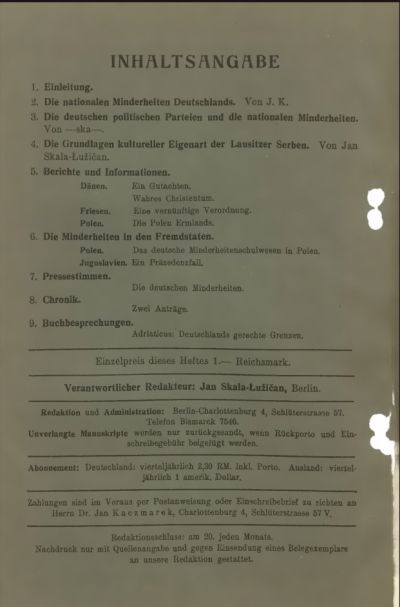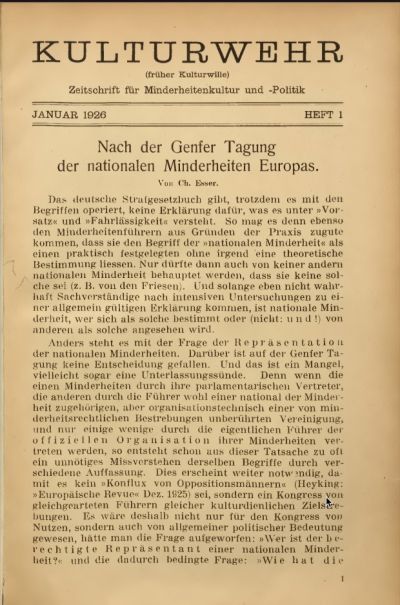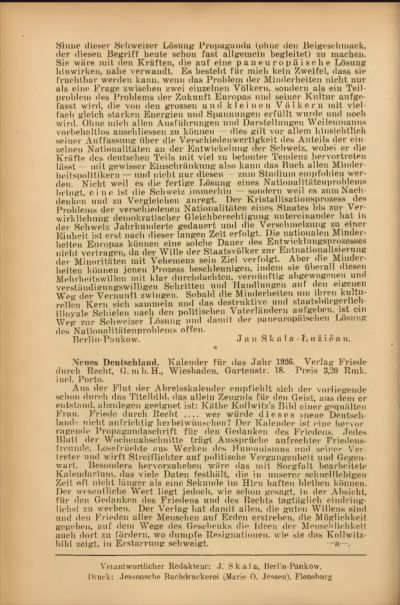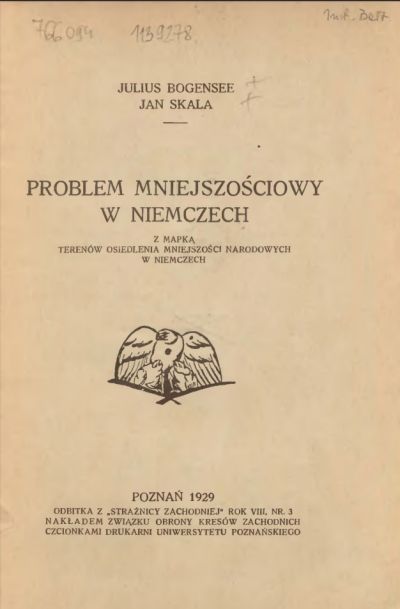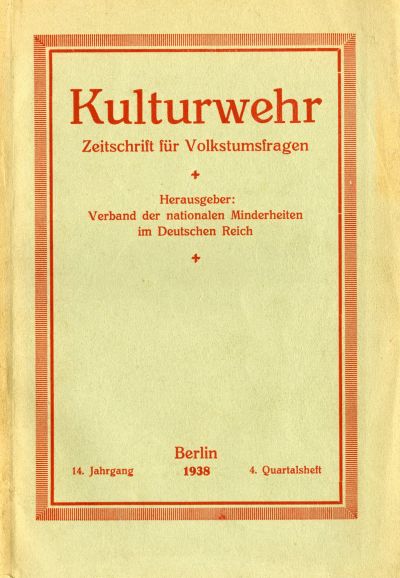Jan Skala (1889–1945). A close Sorbian associate of the Union of Poles in Germany
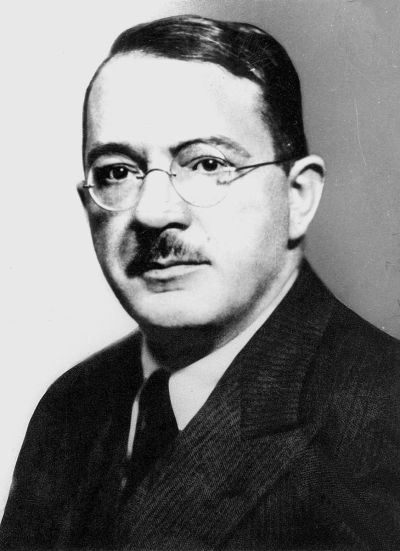
Jan Skala was born on 17 June 1889 in the village of Nebelschütz (Njebjelčicy) in eastern Saxony. His father, Jakub Skala, worked in the stone quarries there. His mother, Maria, was a homemaker who earned a living as a seamstress. The couple had six children (Jan was the third child). Although the family did not have much money, his parents decided to enable Jan to have an education. After moving to the neighbouring town of Panschwitz (Pančic), he first attended the local high school before spending a year at the Catholic teaching seminary in Bautzen (Budyšin). However, due to his family’s lack of funds, he was forced to give up his education. He then learned a trade as a ceramicist and porcelain painter. In the years that followed, he worked in different ceramics factories in Germany and Bohemia. During this time, he developed an interest in social democratic ideas and the Sorbian movement.
He also did not give up on his desire to continue with his education, and regularly attended evening courses. Even before the First World War, he was already making his debut as a social democratic publicist and poet (he published his first volume of poems several years later, in 1920). From 1916 onwards, Jan Skala fought in the First World War. He fought with the German Army on several fronts, while at the same time attending a course for translators. Over the following years, he improved his knowledge of multiple Slavic languages. During the war, he wrote several reports, none of which were written in the style typical for the propaganda of the time, which depicted military campaigns with enthusiastic reverence. In 1917, he married a woman from Berlin, Else Maria Lachmann, with whom he had three children: two daughters and a son. After the war and the revolution, he briefly became a member of a paramilitary unit in Berlin which supported the police during the period of unrest in Germany. However, as early as 1919, he decided to return to the Lusatia region, where he actively participated in politics and society. He was a co-founder of the Lusatian People’s Party (Lausitzer Volkspartei) and published their newspaper “Serbski Dźenik” (“Sorbian Daily”). The Volkspartei strove to promote a peaceful coexistence between Germans and Sorbs, while preserving the rights of minorities (Skala was a member of the party’s executive committee until 1933). At the same time, he also wrote articles in the newspaper about the problems facing Germany’s national minorities.
At the beginning of 1921, he began a collaboration in Bautzen with the “Serbske Nowiny” (“Sorb News”) newspaper, although he soon abandoned the project due to political differences. After he left Bautzen, he went to Prague, where he found employment as an editor at the “Prager Presse” (“Prague Press”), a Czechoslovakian German-language government newspaper. In 1922, while he was living in Prague, he published a political agenda for the Sorbs: “Wo serbskich prašenjach” (“On Sorbian Issues”). He postulated the economic stability of the Sorbian lands as a guarantee for the maintenance of the Sorbian language and identity, which had been weakened due to migration to the cities in the search of better living conditions. Throughout his life, he remained a loyal German citizen, and resisted the demands for a separation of the Lusatia region and its incorporation into the Czechoslovakian state (as, for example, some politicians from the region called for in 1919). The political elite in Prague did not approve of his clear stance on this issue. He therefore decided to move to Berlin to continue his political, organisational, and journalistic work for the Sorbian minority.
